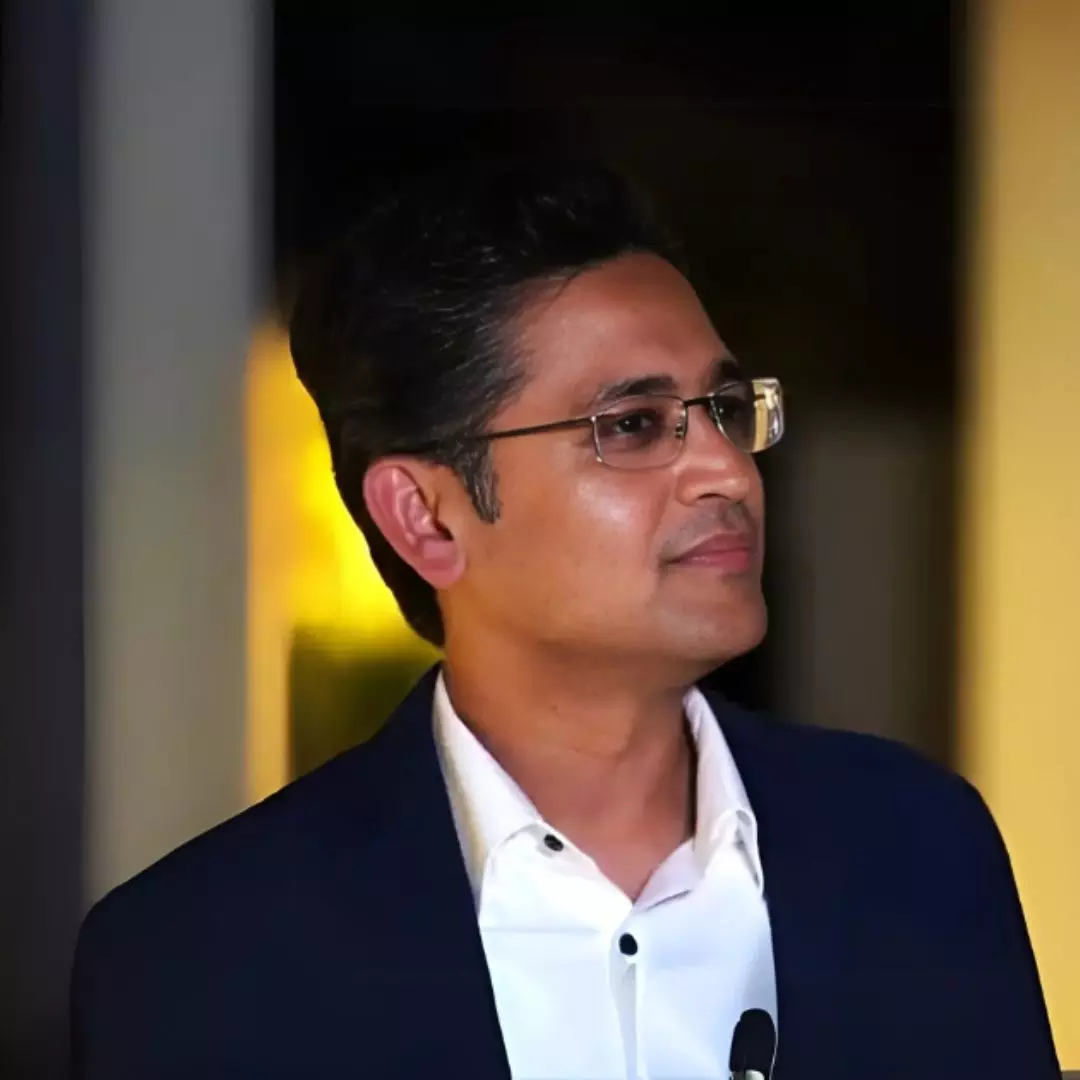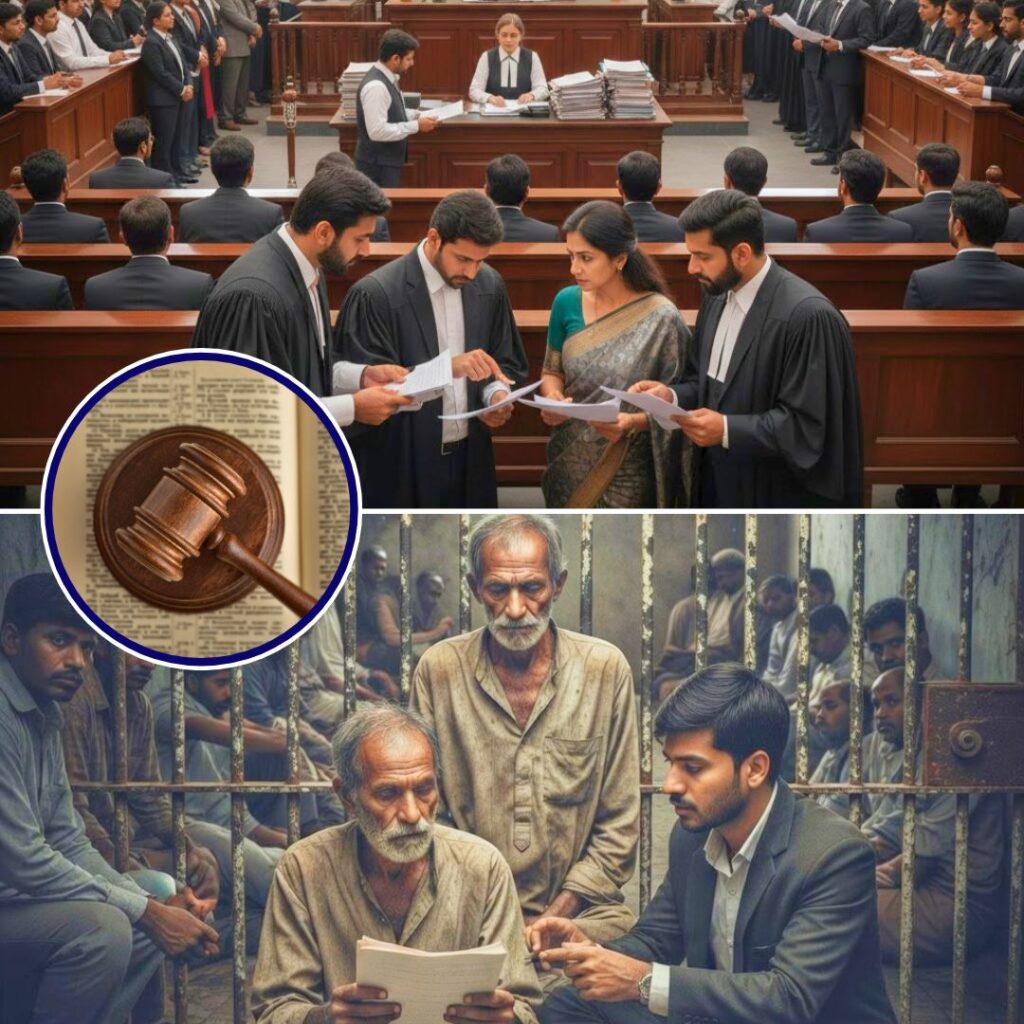Disclaimer: This article is an unedited, unmodified extract from The Sydney Morning Herald article by award winning Australian journalist Nick McKenzie (who was won the Graham Perkin Australian Journalist of the Year twice and Kennedy Award for journalist of the year), released on March 9, 2024
In the early hours of June 19, 2013, a panic-wracked Australian businessman boarded an international flight and held his breath. Hours earlier, Amit Gupta’s Gold Coast home had been raided by the federal police.
Investigators had spent weeks tapping Gupta’s phone, probing sensational allegations he had backed a political coup on the small Pacific Island of Nauru by bribing multiple politicians who had plotted to topple the government.
The new government, Gupta hoped, would give him complete control over the island nation’s lucrative mining rights, but an arrest now could mean years in jail.
If these moments of apprehension, with the Australian police snapping at his heels, were Gupta’s low point, they were fleeting. As his plane soared into the morning sky, his future stretched out brightly ahead.
In the decade since, this alleged corporate crime kingpin and fugitive from justice has built a global business worth an estimated $800 million.
This masthead has tracked Gupta to Dubai where, late last year, he got more good news: Australian efforts to extradite him had collapsed, rebuffed by the Dubai authorities over a legal technicality.
Gupta had defeated the AFP’s extradition attempt using a legal technicality. Australian police alleged he had engaged in a conspiracy to bribe Nauruan politicians over a decade earlier, but Gupta argued that given no such crime existed in the United Arab Emirates at the time of his alleged offending, he could not be extradited. The UAE authorities agreed and threw out the extradition request. That was in February 2023, but the development has not been reported until now.
The Nauru bribery scandal first erupted in 2010, when a report in The Australian alleged Australian police and intelligence agencies were scrutinising a plot by the then Gold Coast-based Gupta and his relatives to use bribery to effectively transform Nauru into a puppet state, with its only industry – phosphate mining – entirely controlled by Gupta’s business interests.
It took the AFP two years, in October 2012, to tap Gupta’s phone. Eight months later, they raided his Gold Coast home. In 2015, this masthead and the ABC reported on allegations that charges might be imminent. By then Gupta was two years on the lam.
Gupta’s emails expose a systemic alleged bribery operation targeting Nauru’s most powerful politicians with the aim of winning preference for his and his family’s business, and particularly exclusive rights to phosphate and long, ongoing contracts. In doing so, his dealings threatened the political stability of the island nation of 13,000 people and stood to poison its democracy.
Records of Gupta company transactions obtained by this masthead suggest Gupta’s questionable corporate behaviour from his Gold Coast base extended well beyond Nauru and the phosphate industry. Banking records suggest Gupta’s companies also paid suspected bribes to senior Algerian officials for mining concessions in Africa, used a poverty-stricken Indian man as a “straw man” director of one his companies, and issued fake invoices for phosphate bought from countries such as Togo.
Leaked corporate and banking documents reveal how Gupta’s companies generated a system of fictitious invoices and expenses to move money out of Australia, and how he avoided millions in Australian taxes.
Documents show the federal police’s Getax investigation spent years tracking this global movement of funds. In 2020, the AFP moved to seize multiple properties and bank accounts connected to Gupta in Australia, Singapore and New York worth an estimated $200 million.
Nauru is still selling phosphate. Among its more recent customers is a company called Agrifields DMCC. It is the name of the global fertiliser firm Gupta launched after fleeing Australia.
This article is part of a series exploring lesser-known scam artists of Indian origin across various sectors. The research and details are derived from publicly accessible information. We are not liable for any loss or damage resulting from using this site or its content. Links to external websites are not under our control, and their inclusion does not imply endorsement. Our translations aim for accuracy but may contain errors from third-party tools. Users are encouraged to consult original sources for clarity, and if you disagree with this disclaimer, please read the news in its original language.
Also Read: Journalist Mahesh Langa Arrested In Nationwide GST Fraud Involving 200 Fake Companies













